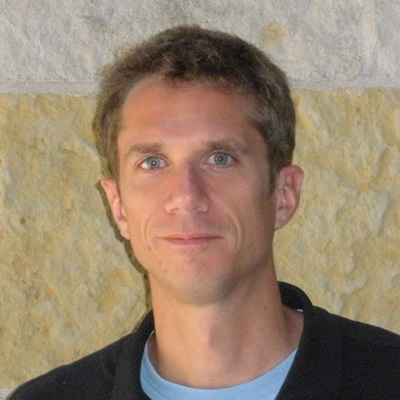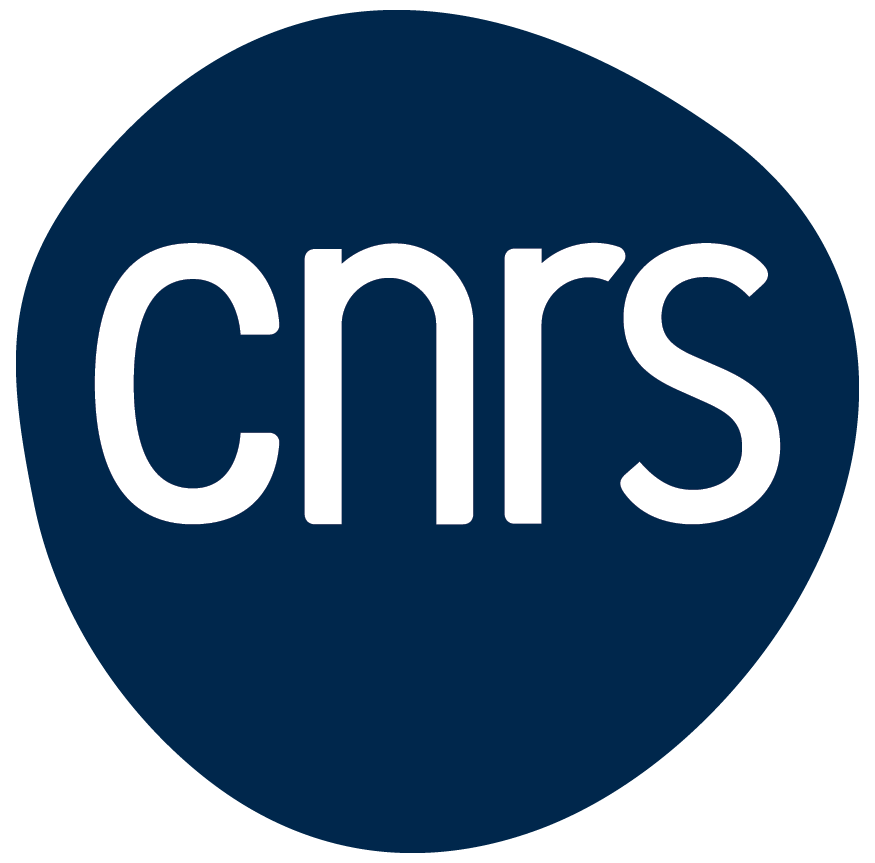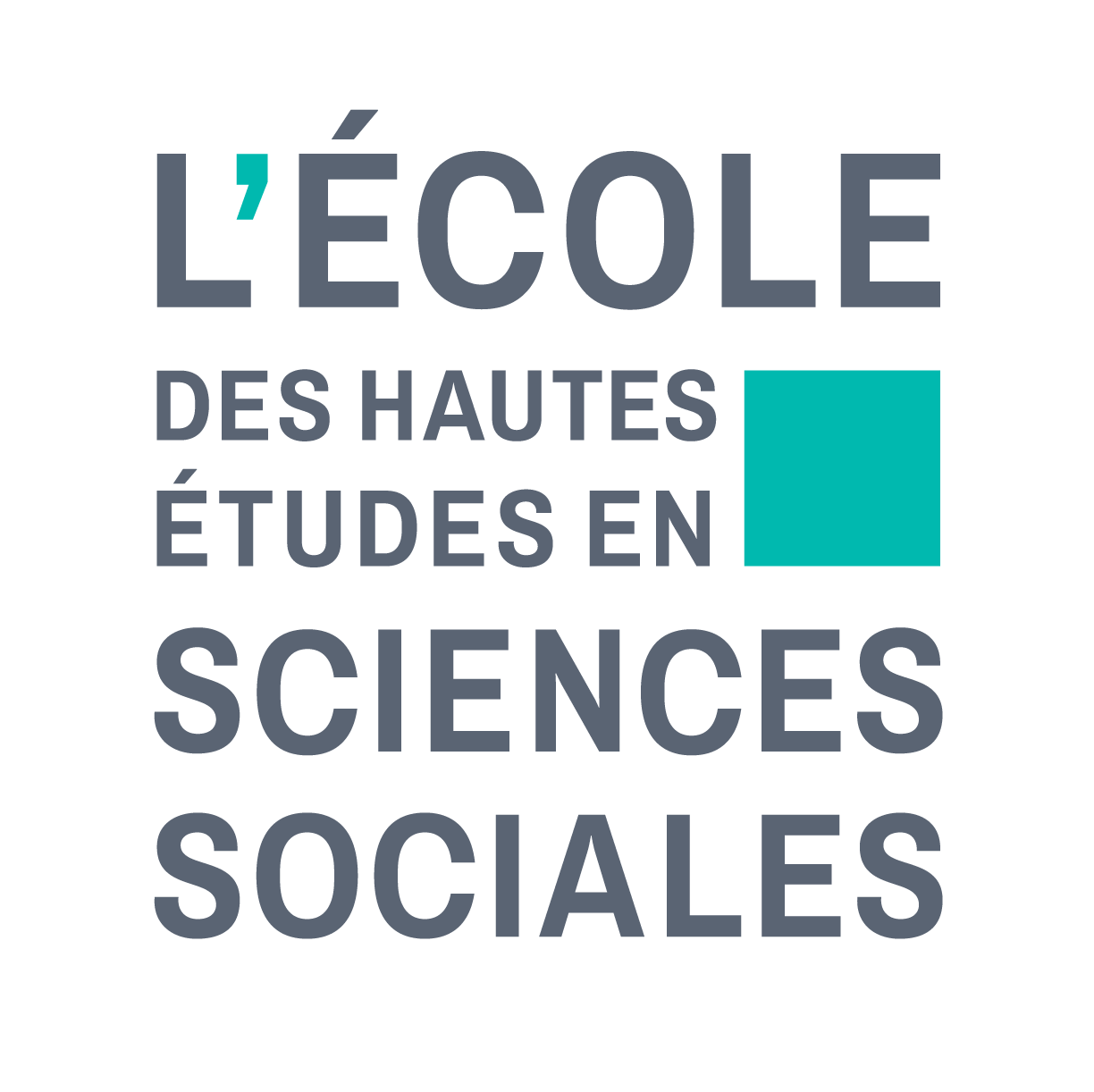Actualités (2013-2024) | 2024
Judd Kinzley (University of Wisconsin-Madison), "Chinese Businessmen and the Wartime Roots of American Economic Power, 1938-1961"
Vendredi 24 mai 2024 de 14h30 à 16h30 - Conférence
Présentation
Judd Kinzley (University of Wisconsin-Madison), accueilli à l’EHESS par Pablo Blitstein, prononcera une conférence sur Chinese Businessmen and the Wartime Roots of American Economic Power, 1938-1961.
From 1940 to 1945, the United States relied heavily on a steady stream of Chinese tungsten ore, hog bristles, and tung oil in order to power American wartime industry. The flow of Chinese products to the United States was only possible with the efforts of a small handful of Chinese businessmen who served as the linchpins in a vast wartime production network that channelled raw materials from China’s rural hinterland to American factories. The wartime efforts of these businessmen helped lay the foundation for a postwar, America-centered Cold War international order that was shored up through the exchange of resources for dollars with allied countries throughout Latin America and the Pacific. This talk will focus on one of these businessmen, a man named Li Guoqin or K.C. Li, who was later known as China’s ‘Tungsten King’, to reveal the powerful role that these businessmen played in shaping the dimensions of American power in East Asia, Latin America, and the wider Cold War world.
Judd C. Kinzley is an associate professor of modern Chinese history at the University of Wisconsin-Madison. His first book, Natural Resources and the New Frontier: Constructing Modern China’s Borderlands (The University of Chicago Press, 2018), focuses on the 20th century efforts by an assortment of state and non-state, Chinese and non-Chinese actors to find, exploit, process, and transport various natural resources in china’s far western province of Xinjiang. The work, which is based on archival research conducted in Urumqi (Xinjiang), Beijing, Taipei, Moscow, and London, explores the underexamined nexus that exists between natural resources, foreign capital, and the power of the state in borderlands in china and beyond. He is currently working on a new book length project that focuses on the trans-pacific material exchange of American industrial goods and lend-lease equipment for Chinese raw materials during the 1940s. He has published articles on gold mining, roads, and geological surveys and, broadly speaking has research interests that center around environmental history, borderlands, material centered histories, and political economy.
Lieu
Humathèque - Campus Condorcet, 10, cours des Humanités
93322 Aubervilliers Cedex, salle 2.11
Rubriques à consulter
- Georgelin Hervé (Université d'Athènes)
- Les Éditions de l’EHESS invitent Victor Louzon et Sebastian Veg
- Historiographies modernes: histoire, écritures, temporalités
- Autour de l'ouvrage de Chiara Frugoni, "Même les étoiles doivent se séparer"
- Financement de projets étudiants : PRI « Les sciences sociales et le monde »
- Chantal Kesteloot (CegeSoma - Centre d’Etude Guerre et Société/Archives de l’Etat Belgique)
- Historiographies modernes: histoire, écritures, temporalités
- Human Nature – Humans and Nature in the History of Political Thought
- Autour de l'ouvrage de Daniel Milo, La Survie des médiocres. Critique du darwinisme et du capitalisme
- Autour de l'ouvrage de Jacques Revel et Antonella Romano, Penser Global ?
- Au regard de l'histoire, dynamiques de l'exil académique
- Xi Jinping : structure, idéologies, transformations de la Chine contemporaine
- Ke Zhang, Fundan University
- Ho-Fung Hung (Johns Hopkins University) : "China, Orientalism and Social Theory: From Marx and Weber to the US-China “New Cold War"
- L’orang-outan des Lumières : à la recherche du chaînon manquant
- Études aréales, disciplines, impérialismes et colonialismes
- Penser au-delà de l’État-nation : Théorie et pratique de l’histoire des Balkans modernes et contemporains
- Joan Judge (York University)
- Joshua Fogel, York University
- Asad Q. Ahmed, University of California - Berkeley
- Normes et pratiques dans la documentation juridique islamique (II)
- Les lumières et l’esclavage : Cugoano, Condorcet et les débats sur l’abolition à la veille de la Révolution
- Judd Kinzley (University of Wisconsin-Madison), "Chinese Businessmen and the Wartime Roots of American Economic Power, 1938-1961"
- Les sciences sociales à l’épreuve des animaux
- La société des idées. Pour une synthèse entre histoire intellectuelle et sociologie des concepts
- Normes et pratiques dans la documentation juridique islamique (II)
- David Motadel, "Persian Shahs in Imperial Europe"
- Savoirs, idéologies et discours publics en Chine contemporaine / Knowledge, Ideology and Public Discourse in contemporary China
- Lumières médiatiques
 Actualités
Actualités
L'historien sur le métier : conversations avec Carlo Ginzburg
 Colloque - Vendredi 9 septembre 2022 - 09:00Depuis une cinquantaine d'années (la première édition de I Benedanti remonte à 1966), l'œuvre de Carlo Ginzburg ne cesse de bouleverser le métier de l'historien en lui offrant un nouveau plan d'enquête (la micro-histoire), une série de nouveaux concepts (le paradigme indiciaire entre autres), de nouveaux objets et de nouvelles inquiétudes. Ses enquêtes ont contribué à redistribuer les lignes de partage entre histoire et sciences humaines (anthropol(...)
Colloque - Vendredi 9 septembre 2022 - 09:00Depuis une cinquantaine d'années (la première édition de I Benedanti remonte à 1966), l'œuvre de Carlo Ginzburg ne cesse de bouleverser le métier de l'historien en lui offrant un nouveau plan d'enquête (la micro-histoire), une série de nouveaux concepts (le paradigme indiciaire entre autres), de nouveaux objets et de nouvelles inquiétudes. Ses enquêtes ont contribué à redistribuer les lignes de partage entre histoire et sciences humaines (anthropol(...)
"Croire en l'histoire ?"
 Table ronde - Samedi 20 novembre 2021 - 10:00Du 18 au 21 novembre se déroule à Marseille la 28è édition des recontres d'Averroès, événement invitant un large public à penser la Méditerranée des deux rives. Avec un thème différent chaque année, quatre tables rondesjalonnent les quatre jours de la manifestation, dont le programme est enrichi de différents formats (tables rondes, concerts, spectacles, lectures) en résonance avec. le thème.Dans le cadre de l'édition 2021 sur le thème "Croyance(...)
Table ronde - Samedi 20 novembre 2021 - 10:00Du 18 au 21 novembre se déroule à Marseille la 28è édition des recontres d'Averroès, événement invitant un large public à penser la Méditerranée des deux rives. Avec un thème différent chaque année, quatre tables rondesjalonnent les quatre jours de la manifestation, dont le programme est enrichi de différents formats (tables rondes, concerts, spectacles, lectures) en résonance avec. le thème.Dans le cadre de l'édition 2021 sur le thème "Croyance(...)
Autour de l'ouvrage d'Antoine Lilti
 Débat - Lundi 3 février 2020 - 14:00Les Lumières sont souvent invoquées dans l’espace public comme un combat contre l’obscurantisme, combat qu’il s’agirait seulement de réactualiser. Des lectures, totalisantes et souvent caricaturales, les associent au culte du Progrès, au libéralisme politique et à un universalisme désincarné.Or, comme le montre ici Antoine Lilti, les Lumières n’ont pas proposé une doctrine philosophique cohérente ou un projet politique commun. En confrontant des auteurs em(...)
Débat - Lundi 3 février 2020 - 14:00Les Lumières sont souvent invoquées dans l’espace public comme un combat contre l’obscurantisme, combat qu’il s’agirait seulement de réactualiser. Des lectures, totalisantes et souvent caricaturales, les associent au culte du Progrès, au libéralisme politique et à un universalisme désincarné.Or, comme le montre ici Antoine Lilti, les Lumières n’ont pas proposé une doctrine philosophique cohérente ou un projet politique commun. En confrontant des auteurs em(...)
EHESS
CRH - GEHM
54, boulevard Raspail
75006 Paris, France
Tél. : 33 (0)1 49 54 25 74
Pôle Gestion :
gilles.aissi (a) ehess.fr
Pôle Comm :
nadja.vuckovic(a) ehess.fr
Dernière modification :
25/07/2024



